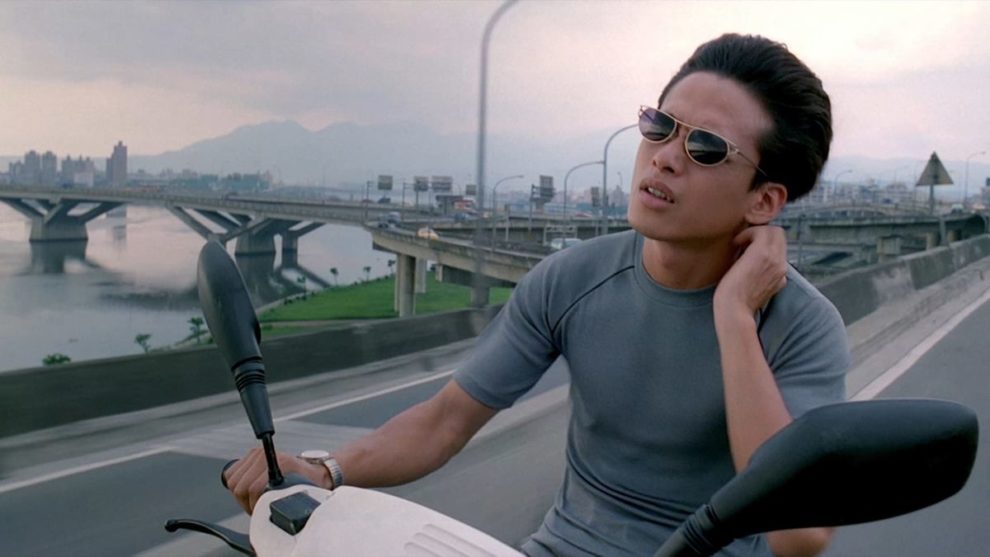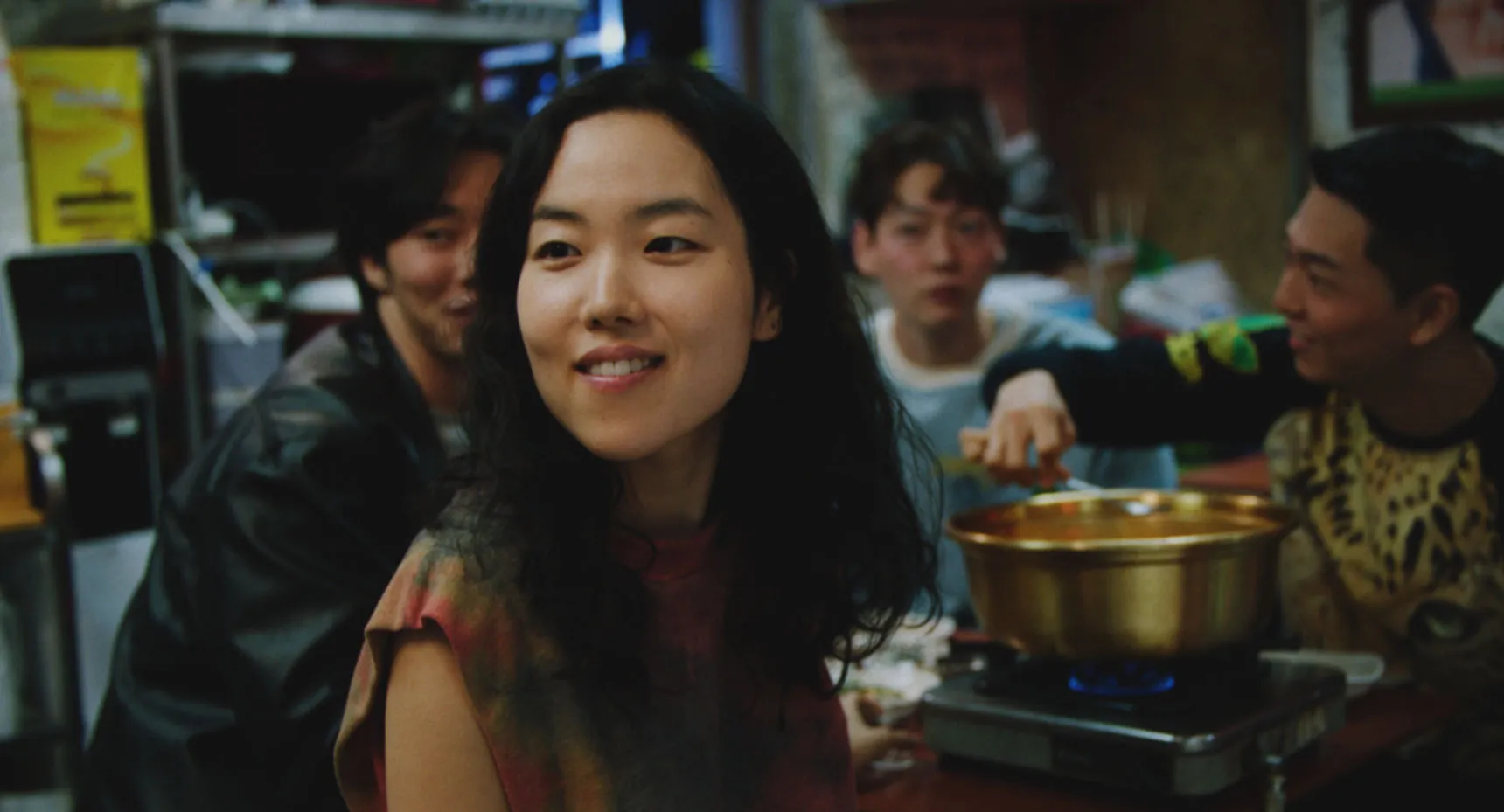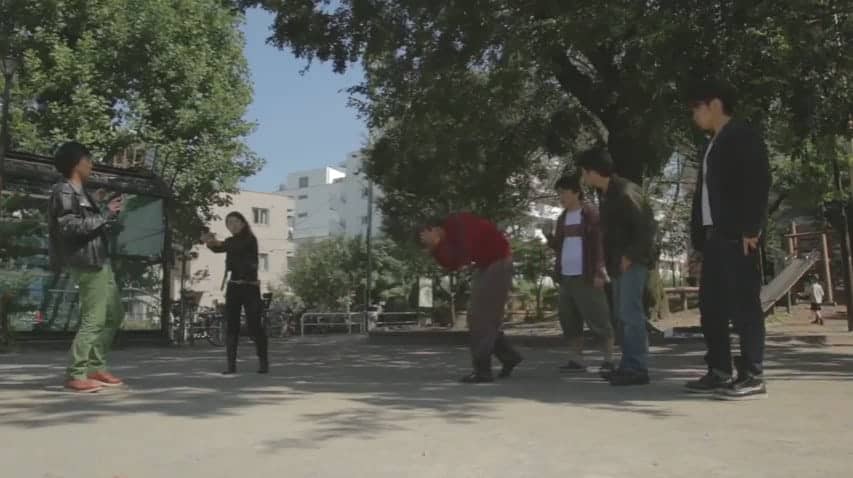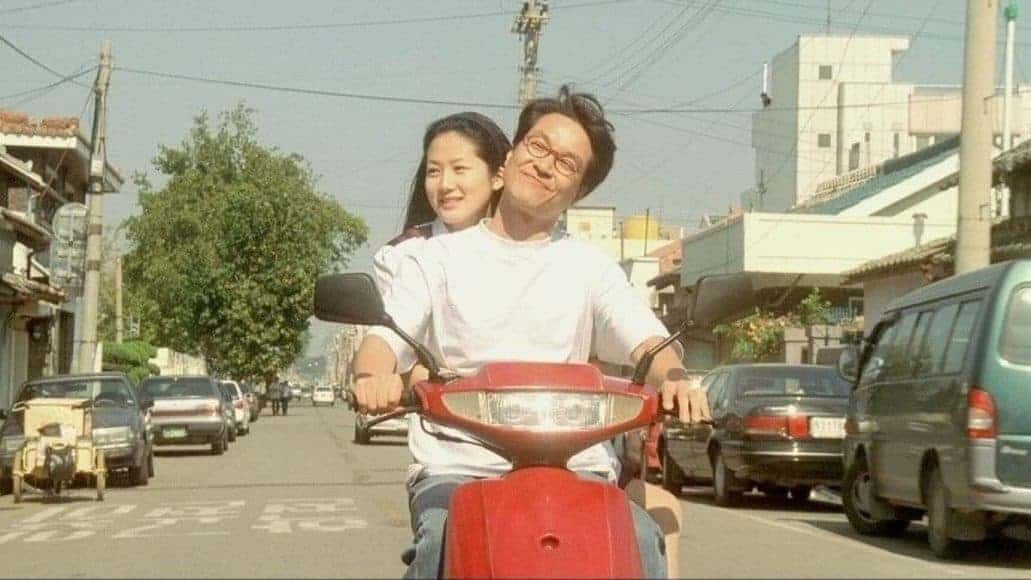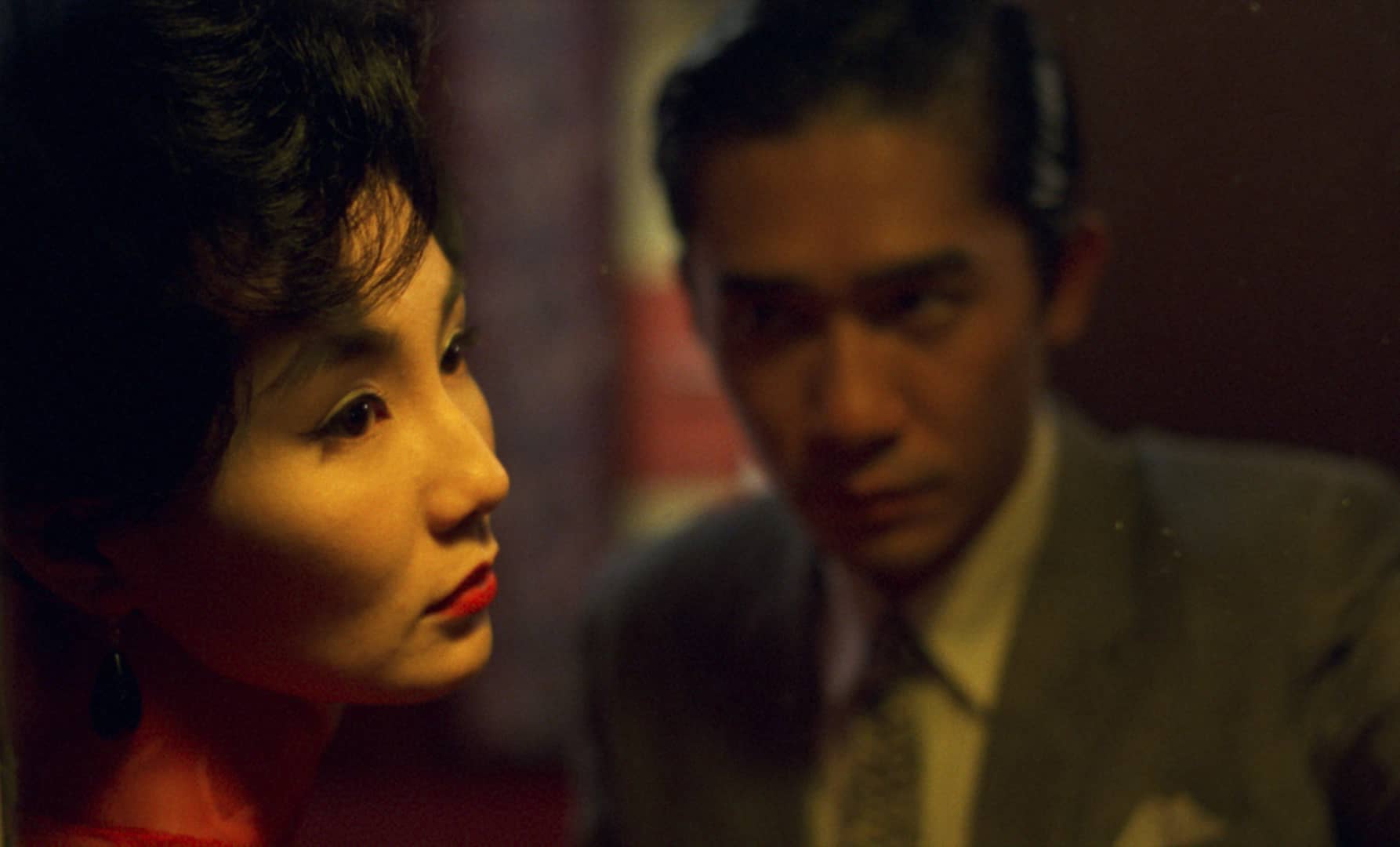After his first two features “Rebels of the Neon God” (1992) and “Vivre L'Amour” (1994) already explored the dynamics of a family living in Taiwan, director Tsai Ming-liang would continue this theme in his third movie “The River”, which critic Darren Hughes called the filmmaker's “bleakest film” in Senses of Cinema. Given the urban background of Taipei in combination with its themes, “The River” deals with sexual tensions, repressions and the cracks within a family unit's surface that eventually mirror those in society, making this third feature quite revealing and provocative, especially given its slow pace.
“Cenote” is streaming on MUBI
The story begins with Hsiao-Kang (Lee Kang-sheng) who runs into an old girlfriend while he is running some errands in the city. She asks him to join her at a film set, where she is working and the two of them witness the filming of a scene where a corpse is floating down Tamsui River. However, as the director is not satisfied with the looks of the scene, she eventually asks Hsiao-Kang to step help them out and even though he is initially against it, claiming the river is too dirty, he finally gives in and plays the part. After he has showered in a nearby hotel, paid for by the film crew, he has sex with his old girlfriend and then drives back home on his motorcycle, feeling a small pain in his neck which results in him losing control over the vehicle and almost crashing into a wall.
Over the course of the next few days, the pain in his neck grows worse until he is unable to steer his motorcycle or do any tasks without causing himself further suffering. His parents (Miao Tien and Lu Hsiao-ling) try to help him, bringing him to see an acupuncturist, several doctors and even a spiritual advisor without any lasting success. Since no one seems to be able to cure him, much less explain the source of the pain which keeps getting worse, Hsiao-Kang grows desperate.
While the main focus of the narrative lies within the fate of the son, Tsai Ming-liang's feature spends almost the same amount of time dealing with the background of the young man's parents, revealing the cracks within their unit. Although the pain in his neck is perhaps more on the surface, with his face turning into a grimace of suffering every time he moves, the story, which the director co-wrote, deals considers this outside pain as a secondary factor it seems, since the inner suffering is much more lasting since it cannot be expressed properly. Whereas the father resorts to underground establishments to experience sex with other, mostly younger males, the mother has had a long relationship with a man who runs a business selling porn on the streets of Taipei. Thus, the dissatisfaction with their relationship to each other, the pain of living under the same roof and the inability to give up this facade of normality leads to a growing tension within the apartment.
However, there are many hints at something slowly opening the cracks of this facade. While the physical pain of the son and its inexplicable nature may be the most obvious, there is also the leaky roof which makes sleeping for the father almost impossible as well as the concept of living out one's sexuality perhaps more freely. At the same time, this experience does not give any kind of relief and instead emphasizes an internal struggle within the character and within the family unit, expressed in the shots highlighting the characters' isolation, their loneliness and eventually their depression as a result of being unable to deal with the pain they experience.
“The River” is an enigmatic family drama about sexuality, repression and the resulting pain that comes from the experience of pretense and dissatisfaction. Its slow pace may be insufferable to some viewers, but the lasting effect of Tsai Ming-liang's third feature on the viewer may be quite profound.


